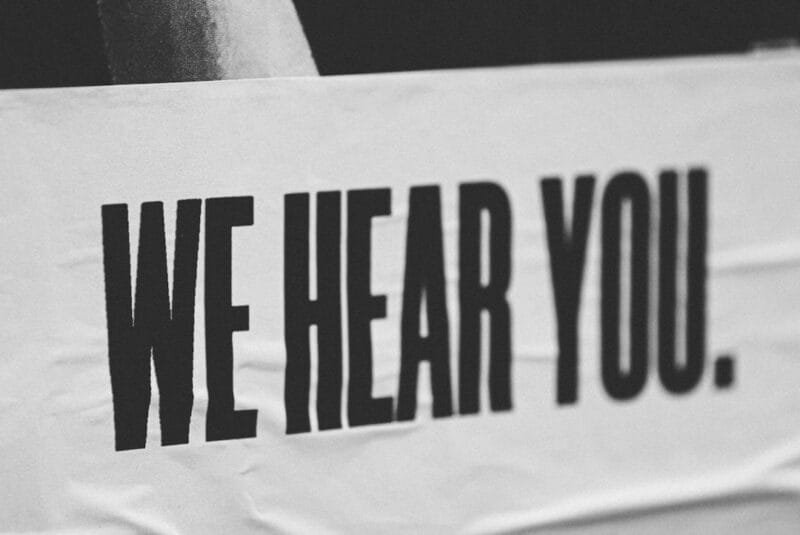The Moral of Touring: Why Empathy is the Backbone of a Successful Tour
By Ryan Philip George- This Tour Life
Feb 20, 2025
Photo by Jon Tyson
Touring is a collision of art and logistics, a road-bound symphony of sweat, soundchecks, and sleepless nights. It’s a city-a-day, an airport-a-morning, and a stage-a-night. It’s also a pressure cooker of personalities, where artists, crew, and managers are bound together in a rolling ecosystem of exhaustion and expectation. Some tours thrive. Some fall apart.
The difference? The invisible thread holding it all together: empathy.
The Weight of the Road
To the outside world, touring looks like a dream: flashing lights, roaring crowds, and the thrill of a different skyline every day. But inside the tour bus, behind the rigging, and in the late-night settlement meetings, it’s a different reality—one where everyone is carrying a weight no one else can see.
The artist bears the burden of expectation, of constantly delivering a transcendent performance while often battling physical and emotional depletion.
The crew endures brutal hours, lifting, building, and tearing down, only to do it all over again in another city, often with little sleep and even less recognition.
The manager balances it all—protecting the artist’s vision, keeping the business running, smoothing over inevitable friction, and making sure everyone gets paid.
No one’s role is easy. No one has it better or worse. It’s just different—and without empathy, those differences can divide rather than unify.
Why Empathy is the Differentiator
Empathy is not just about being nice; it’s a functional necessity on tour. It’s what turns a tour from a grind into a team, and that team is what determines success—not just in ticket sales, but in sustainability, longevity, and mental well-being.
Without empathy, resentment festers. Artists feel misunderstood by crew. Crew feel undervalued by management. Managers feel caught in the middle. The moment one part of the machine stops seeing the other as human, the whole thing starts to break down.
With empathy, a tour becomes a collective effort rather than a series of individual struggles. Artists who acknowledge the crew’s sacrifices create a culture of respect. Crew members who understand the artist’s pressures approach their work with patience and care. Managers who balance business with humanity build teams that last.
The Trap of “It’s Just Business”
One of the quickest paths to failure on tour is thinking it’s all just business.
Yes, money is involved. Yes, there are contracts, schedules, and bottom lines. But touring isn’t just a business—it’s people, relationships, and trust. If numbers become more important than well-being, if efficiency comes at the cost of respect, if the job overshadows the human element, the tour is already on its way to collapse.
A tour without empathy becomes a transactional grind, where people feel replaceable, exhaustion is ignored, and morale disintegrates. And once morale is gone, it doesn’t matter how good the show is—because the people making it happen are already counting down the days until it’s over.
Touring With Empathy in Action
So what does empathy look like in the day-to-day chaos of a tour?
• Artists who show appreciation – A simple “thank you” to the crew at the end of the night makes a bigger impact than any encore.
• Crew who remember the pressure of the stage – Understanding an artist’s off day can prevent unnecessary friction.
• Managers who prioritize people over numbers – Making sure no one is running on empty—even if it means adjusting a schedule—keeps the machine running longer.
• Small gestures that change the tone – Checking in, offering help, being aware of how exhaustion or stress is affecting the team.
The Moral of Touring
There’s a moral to every tour. Some tell a story of burnout, of a road that ground people down and left them jaded. Others tell a story of unity, of people who went through the fire together and came out stronger. The difference is in how they treated each other.
Success in touring isn’t just about ticket sales or flawless performances—it’s about whether the people who make it happen can sustain it. And the only way to sustain it is with empathy.
Because at the end of the night, after the lights fade and the stage is torn down, what lingers is not just the show—it’s the way we made each other feel along the way.


